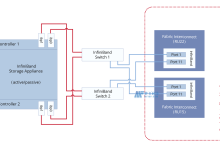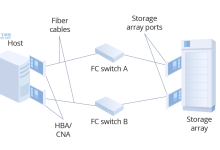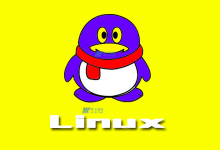If you’re going to be an effective linux user, you need to know the art of deleting files like a pro. Deleting files is a very important task in Linux and requires a certain skill level. Fortunately, it’s an easy skill to learn and master.
The first step to mastering the art of deleting files in Linux is to become familiar with the basics. In Linux operating systems, there is generally a command line interface (CLI) used for tasks like file management and editing. Using the CLI, users can create, edit, move, and delete files with the proper commands.
In order to delete files in Linux, you need the command “rm”. This command is used to remove files from a given directory. For example, the command “rm example.txt” would delete the “example.txt” file from the current directory.
In addition to using the “rm” command, you can also use certain command flags to modify the behavior of the command. For example, you can use the “–r” flag to delete a directory along with all of its contents. This can be a useful tool if you need to delete an entire directory that contains lots of files and sub-directories.
Another important tool to have when deleting files in Linux is the “find” command. This command can be used to search through directories and sub-directories to find files that match certain criteria. This can be a great way to identify and delete unwanted files. For example, if you wanted to find and delete all files with the “.zip” extension, you could use the command “find . -name “*.zip” -exec rm {} \;”.
Finally, it’s important to be aware of some of the most common pitfalls when deleting files in Linux. For example, using the “rm” command without the “-f” flag can result in files or directories that are accidentally deleted. Also, if you use the “-r” flag without caution, you could end up deleting an entire directory and all of its contents without being aware of it.
In conclusion, mastering the art of deleting files in Linux is an important skill that all dedicated Linux users should understand. With the right commands and commands flags, as well as an understanding of the common pitfalls, you should have no problem deleting files like a pro in Linux.

 国外主机测评 - 国外VPS,国外服务器,国外云服务器,测评及优惠码
国外主机测评 - 国外VPS,国外服务器,国外云服务器,测评及优惠码












